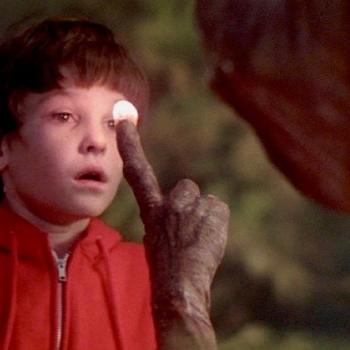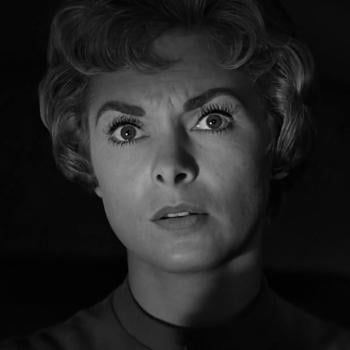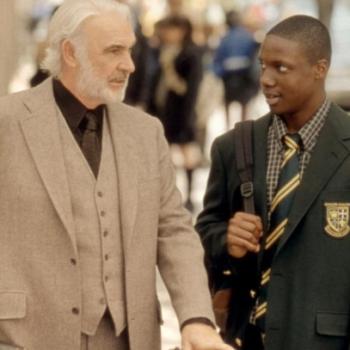
The thing you have to know about My Best Friend’s Wedding, arguably Julia Roberts’ defining role, is that (this is absolutely a spoiler!!!!) it is one of those rare rom-coms where the heroine does NOT get the guy, and it is frankly that much better for it.
The film follows Jules discovering that her best friend, Michael, with whom she had a brief romantic fling years ago, is getting married. News of this triggers a panic in her as she discovers that she herself is in love with him, which gives her all of one weekend to find a way to tell him this before he walks down the aisle with the wrong girl. All is fair in love and war, right?
Jules ends up taking some shocking actions as part of this campaign–humiliating her, putting his job in jeopardy–that she does in the name of winning over her best friend. The lengths she is willing to go to is a part of what makes this film so funny. All the while, you see her rationalizing her actions, telling herself that the ends justify the means. Part the way that Jules justifies her action is by telling herself that the bride to be, Kimberly, is not only a wrong fit for Michael, but also a bad person. She tries to recast her natural attributes as character flaws. Even as she overtly espousing her devotion to Michael, Jules tries to tell herself that this woman is hysterical or irrational.
Yet the film also doesn’t totally disprove her assumptions. In the scene that has Kimberly’s family all singing “I’ll Say a Little Prayer for You,” Jules and Michael are the only people who aren’t singing. And so she is able to indulge in a sort of fantasy that she is correcting some flaw in the design of life, that she and Michael are compatible and do belong together, and that she is right to do the things she is doing. But this only bolsters the idea that despite their apparent differences, Michael has chosen Kimberly to be his life partner, a choice which Jules is not respecting.
:max_bytes(150000):strip_icc()/msdmybe_ec008-2000-b1d1238f10ed4a079da44f9be0742fd8.jpg)
Part of what makes this experience so painful for Jules isn’t just that she is losing out on a potential love prospect: she is seeing her own flaws reflected back through Kimberly’s perfections. She is forced to confront aspects of herself that have pushed people (pushed Michael?) away, like Michael telling her how she used to pull away from him when he hugged her in public.
This is all of course hanging on her central regret: Jules chose not to pursue romance with Michael when she had the chance. This poses the question of whether Jules’ really even loves Michael, but the film does seem confident that her feelings for him are true, that she absolutely has the capacity to feel for him romantically. And that is a part of why we can’t help but feel sympathetically for her.
I wasn’t there to see this film during its first run. I can’t say for certain whether it was supposed to be obvious that in any other movie Jules is the supervillain or whether the conventions of the genre really were thought to be enough to totally obscure that reality on a first viewing. But I also feel like it is overshooting it to judge her too much for her actions or declare that her motivations are completely unknowable. Indeed, the film only really works if you’re willing to see yourself in Jules and acknowledge that maybe sometimes we know what it’s like to go after something we’re not supposed to.
There is an advantage to admitting that we can identify with a character like Jules who is obviously acting selfishly. When we extend grace to someone like Jules for needing some time to get her act together, that grace comes back to us, and we find ourselves better able to live with our own flaws.














